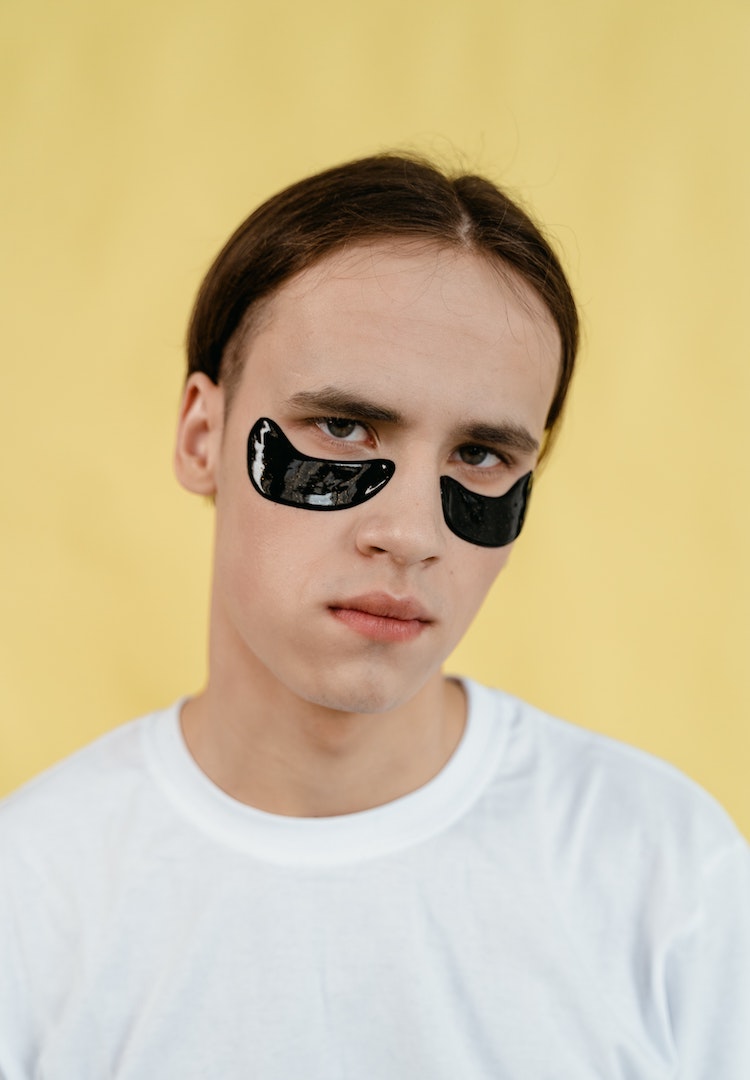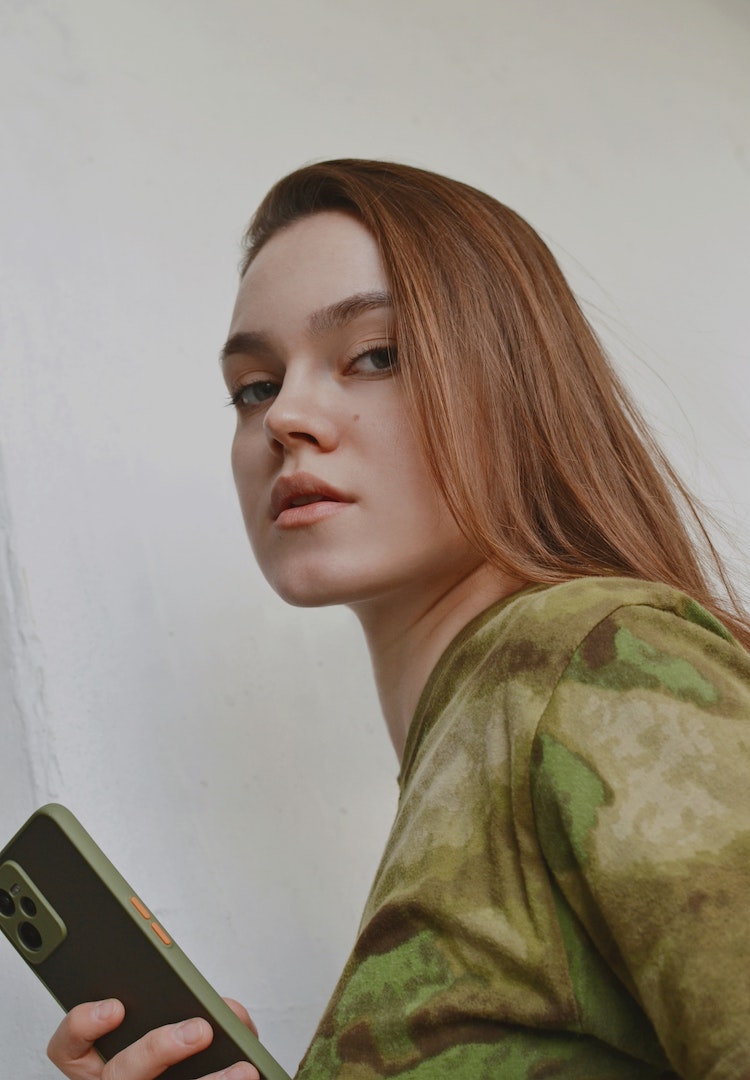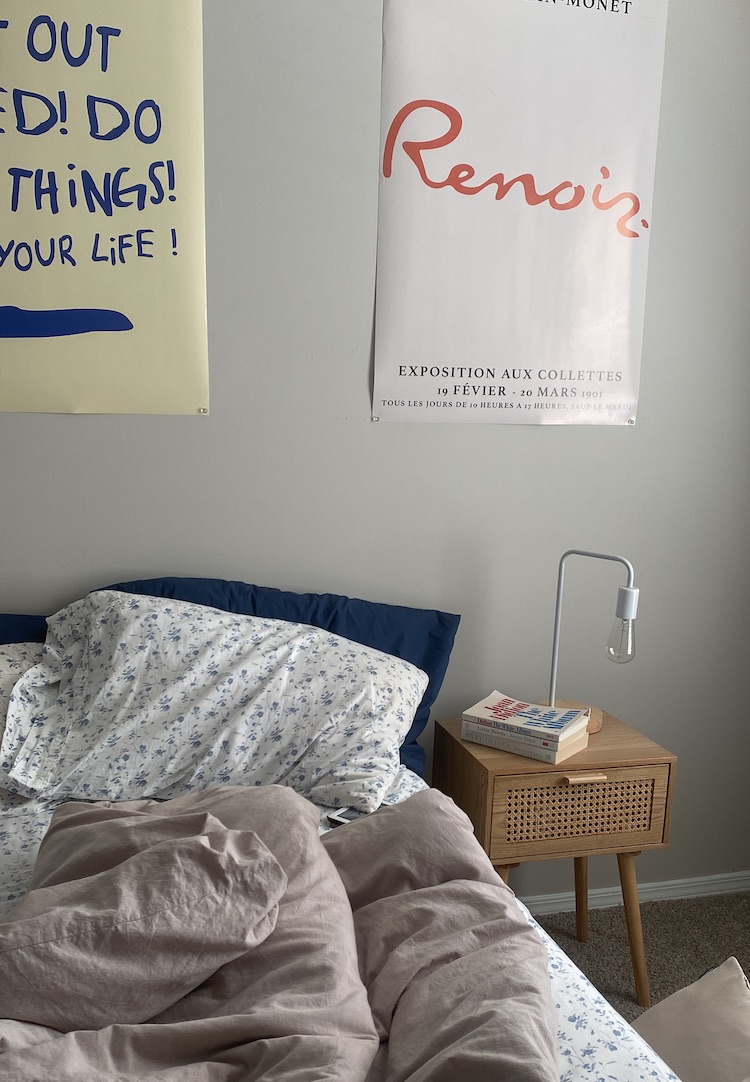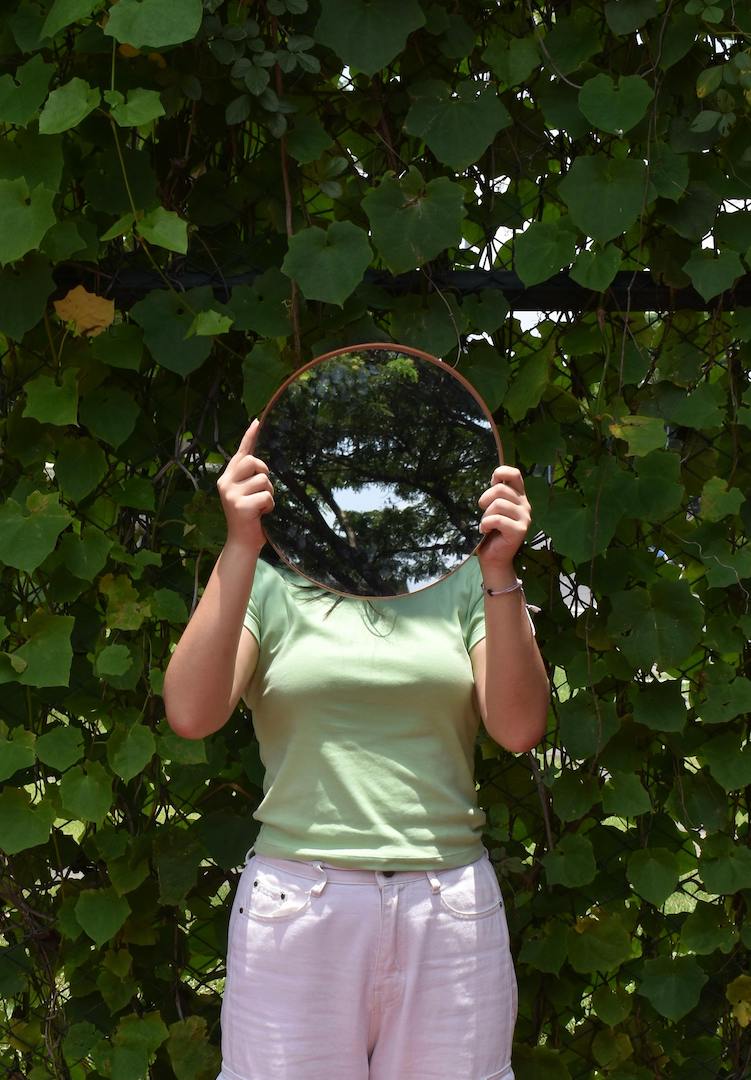What is phubbing and how does it affect our relationships?
WORDS BY LEEANN BUSHNAQ
“We should assume we’re phubbing if we’re not actively preventing ourselves from doing it.”
It’s the first time I’m playing a board game with my dad in years. I’m scrolling on my phone as he’s taking his turn. It’s the last time I’ll see my boyfriend in two weeks (thanks to our busy schedules). I’m once again scrolling on my phone as he’s talking to me.
I’ve always been an advocate for being present and giving someone your undivided attention, but lately, I’ve noticed myself falling victim to phone habits that result in hours of my life being wasted. If you think I’m exaggerating, you can talk to my daily eight-hour screen time.
For more on social media, head to our Life vertical.
I find it impossible to resist the urge to check my phone every three seconds and enter a void of mindless scrolling. In this day and age, we’re probably all guilty of it. What’s worse is that we probably act on these compulsions while we’re around others.
It turns out this behaviour has a name: what we’re doing is called phubbing. Phubbing is a portmanteau of the words phone and snubbing. It describes the act of snubbing someone through smartphone use. Basically, it’s when you ignore the person you’re supposed to be interacting with socially because you’re distracted by your phone.
To better understand what causes phubbing and how we can stop ourselves from indulging in this habit, I spoke to Dr Daniel Black, a senior lecturer in the School of Media, Film and Journalism at Monash University.
Why do we phub?
Dr Daniel tells me that there are two reasons for our phubbing habits. Firstly, social media apps generate money by keeping us addicted.
“Social media companies design the interfaces of their mobile apps to encourage us to constantly wonder what we might find on them next. This is manifested in our tendency to ‘zone out’ when using them because features like endless scrolling prevent us from ending use sessions.
“Many apps also actively try to get our attention if we’re not using them through notifications. Even without this, we become habituated to checking them and wondering what stimulation they have for us when we’re not using them.
“It trains us to fill any idle time with little hits of stimulation that come from looking at social media and enjoying the sense of anticipation about what we might find. Because in-person social interaction is slower-paced and has lulls, this creates a temptation to fill those little gaps with a bit more of that stimulation,” he explains.
Secondly, smartphones are personal devices that deliver sensory experiences. They allow us to share in social interaction but these experiences are only available to the individual looking at the screen.
“If you go to the cinema with someone, you’re sharing that sensory experience, but with the smartphone, one person is having a compelling sensory experience. To the other person, it looks like nothing’s happening. This disconnect between the sensory experience of the person holding the phone and the person looking at the person holding the phone is what creates an insulting sense of being ignored,” he says.
Who am I likely to be phubbing?
Phubbing can happen with anyone, but according to Dr Daniel, we’re more likely to control ourselves in certain situations.
“You might want to do it with your boss, but you’ll fight against it for fear of the consequences… With people we’re closest to, there’s more likely to be more time spent together without actively speaking or doing something else together… [So] perhaps we won’t resist the urge – unless they get angry with us and make us afraid of the consequences too. The contexts where it’s least likely to happen are those when there’s too much other stimulation to leave us wanting more from the phone.”
What does it take to detect phubbing?
Phubbing is more about the person being snubbed having a bad experience, which means the person we’re interacting with socially is at greater liberty to decide if our actions constitute phubbing. That’s not to say that we can’t take accountability on our own. “We should assume we’re phubbing if we’re not actively preventing ourselves from doing it,” Dr Daniel explains.
“So many apps work by attracting our attention and holding it… If you allow yourself to be sharing your attention between those apps and the people you’re interacting with socially, there’ll be a pull to give the apps more attention than you’ve initially planned.” If we start to feel this pull, it might be an indication that we’re engaging in phubbing.
I’m ready to stop being the phubbing friend, but how?
Once we’ve detected this behaviour, it might be easier said than done to stamp it out, but starting somewhere goes a long way.
“The best way is to have explicit rules for ourselves about what level of phone use is acceptable when interacting with someone else socially. That might mean not looking at the phone at all. If we leave it to our judgement in the moment, most of the time that will result in more attention going to the phone than we think is right,” Dr Daniel says.
Those who are on the receiving end of phubbing habits can play a role in breaking the cycle. While it may feel insulting, it’s likely the other person is uncontrollably lost in the depths of social media.
“Ask the other person to stop… If you break into the other person’s attention, you’ll snap them out of it. And you don’t have to be aggressive or angry about it. Just remind them you’re there, and if you do it regularly they’ll become more aware of what’s happening.
“In closer relationships, it may be appropriate to discuss a set of shared principles about when it’s appropriate to give our attention to our phones. We all need to use our phones sometimes, but in the vast majority of cases, phubbing doesn’t come from necessary phone use – it just comes from getting distracted.”
Does phubbing actually affect our relationships?
A loved one or colleague might let being hooked on your phone slide, but Dr Daniel tells me it can sometimes alter the dynamic of a relationship unfavourably.
“Two people might feel quite close while looking at their phones, just as they might while sitting on the couch together watching a TV show. But the larger problem is that it comes from attempts to distract us. This means a quick phone check could wind up going on for longer than we intend.
“This can degrade our social interactions by messing up the normal rhythms of interaction, which can become more and less intense at different times. We can miss the sense of when to move to more intense interaction, and the other person or people may feel that we’re ignoring that normal rhythm too.”
The act of phubbing can also impact our own mental health. The degree to which phubbing others impacts our own psyche depends on the individual, but the more we engage in this behaviour, the less time we have for the meaningful social interactions that enrich our lives.
Moments spent detached are moments lost. Personally, I’m ready to curb my social media cravings and end my days of phubbing. Because next time I’m in a heated board game, or in a stimulating conversation, I actually want to be present.
This article was originally published on September 14, 2021.
To learn more about phubbing, head here.










